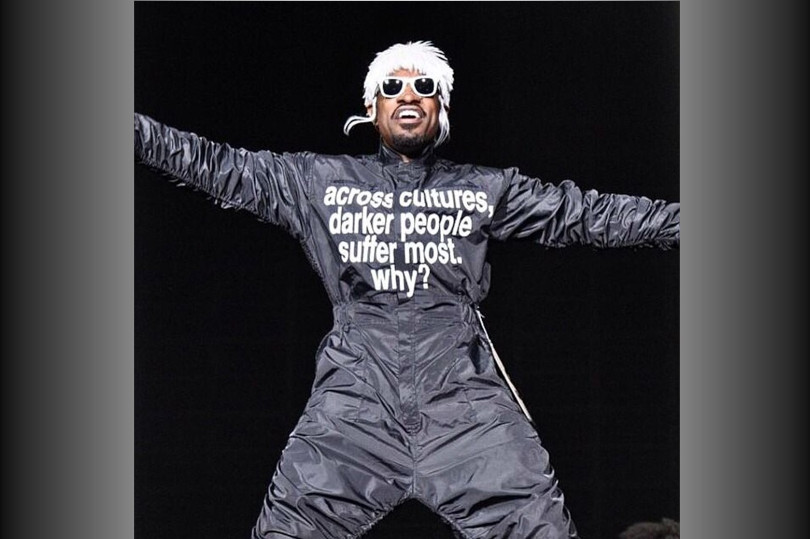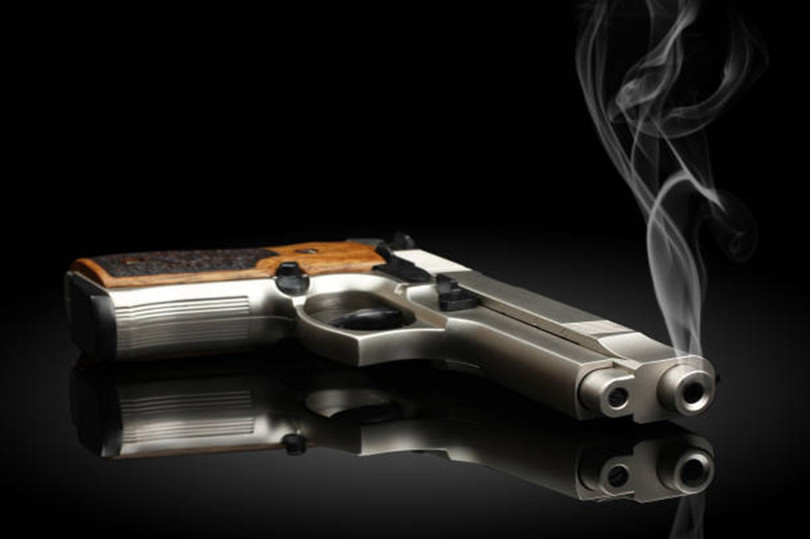Two of the most enduring blights on the history of African American culture are the concepts of being “too black†and “not black enough.†Though heavily featured among African Americans, the concepts, which are closely linked to colorism and identity politics, are by no means exclusive to them. The favorability of fair skin is a universal phenomenon, present on every continent and among virtually every group of people. The impact and evolution of this phenomenon within African diasporic communities, however, is unique, for while their skin can never be the fairest, it is perfectly capable of being the darkest.
A unique component of these concepts within diasporic communities is that they aren’t always reliant on the color of one’s skin. One’s perceived proximity to blackness often depends on their behavior. For example, if an African American shuns rap in favor of rock music, they may be criticized for being “too white,†and, consequently, not black enough. But skin, in all its ever-powerful glory, remains a major factor. Young continental Africans immigrating to the United States are all too familiar with being called too black and too dark by their new countrymen. As if they’re strangers, and not of one ancestral blood and home.

To apply these labels to a black person as a black person constitutes a masochistic, self-sabotaging, counterintuitive hamstringing of the highest order. It can produce only disunion and self-hatred, both of which are massive obstacles on the road to freedom and equality. If social progress is to be understood as a central, worthy cause in black communities, then the arbitrary measurement and judgment of blackness may be understood, unexaggeratedly, as a cancer. Such judgment does nothing more than eat away at the most life-sustaining force of any social movement: fellowship. Where there is no fellowship, there can be no unity, and where there is no unity, there can be no progress.
And how could such a harmful practice become so prevalent? How does a people become so accustomed to shooting themselves in the feet? The answer is the same for them as it was for the architects of slavery, Jim Crow, and segregation: If you can paint someone else as inferior, then you can paint yourself as superior. Hungry for social elevation and having been conditioned for centuries to believe themselves inferior, the black people perpetuating these practices simply seek to taste the power that’s historically been held over them.
The cost of this filicide is immeasurable. If it is in fact social elevation that we seek, then we must achieve it as one. Not only is there strength in numbers, but there is honor in uplifting your own. To instead opt for ridicule and judgment is to abandon them. What is there to gain from voluntary division and exclusion? Are the forces impeding our elevation not clear enough? What reason do we have to not only weaken ourselves in the face of them, but to point the barrel at ourselves while we live daily at gunpoint?
Featured image courtesy of Getty Images/iStockphoto.


